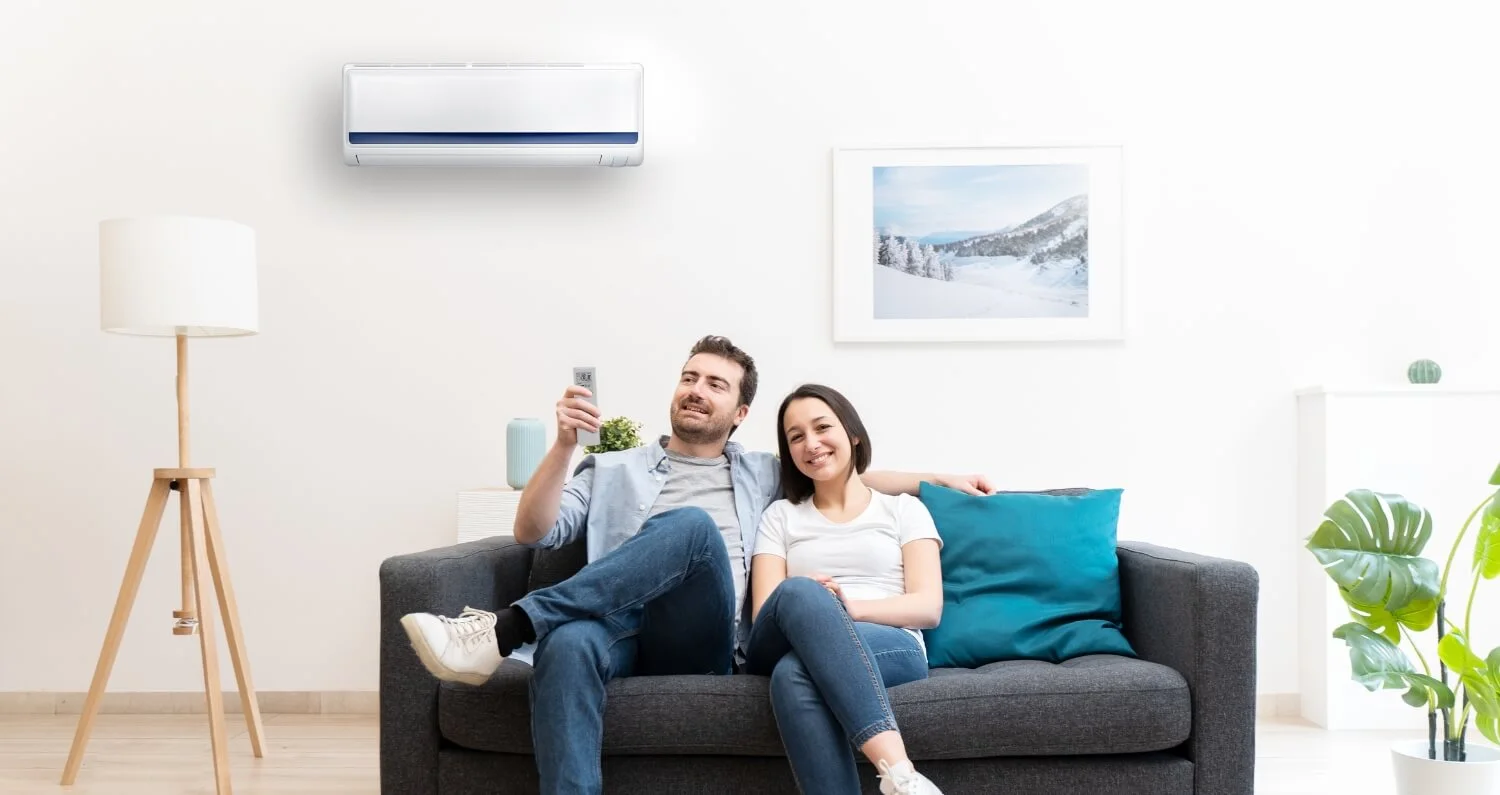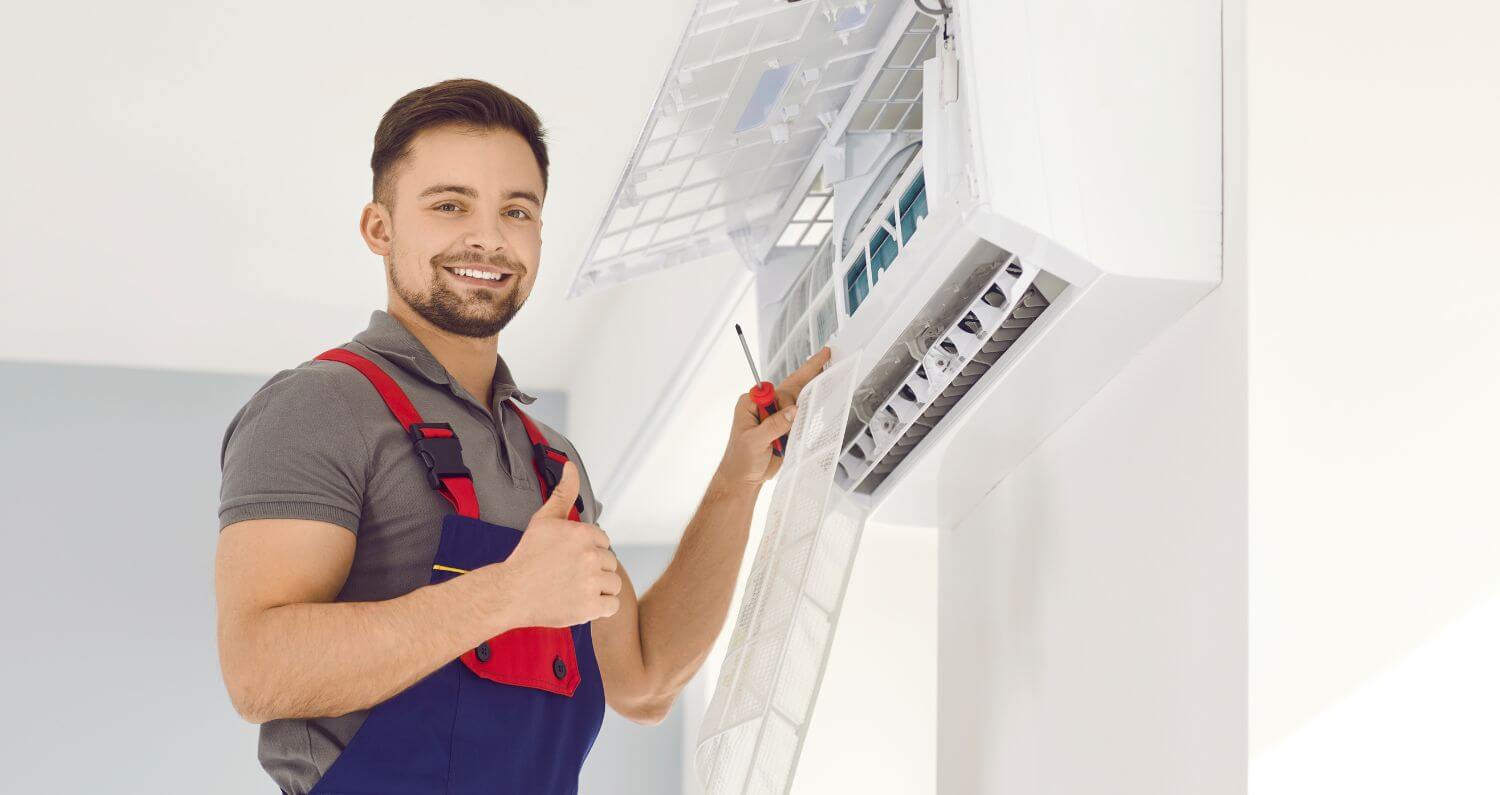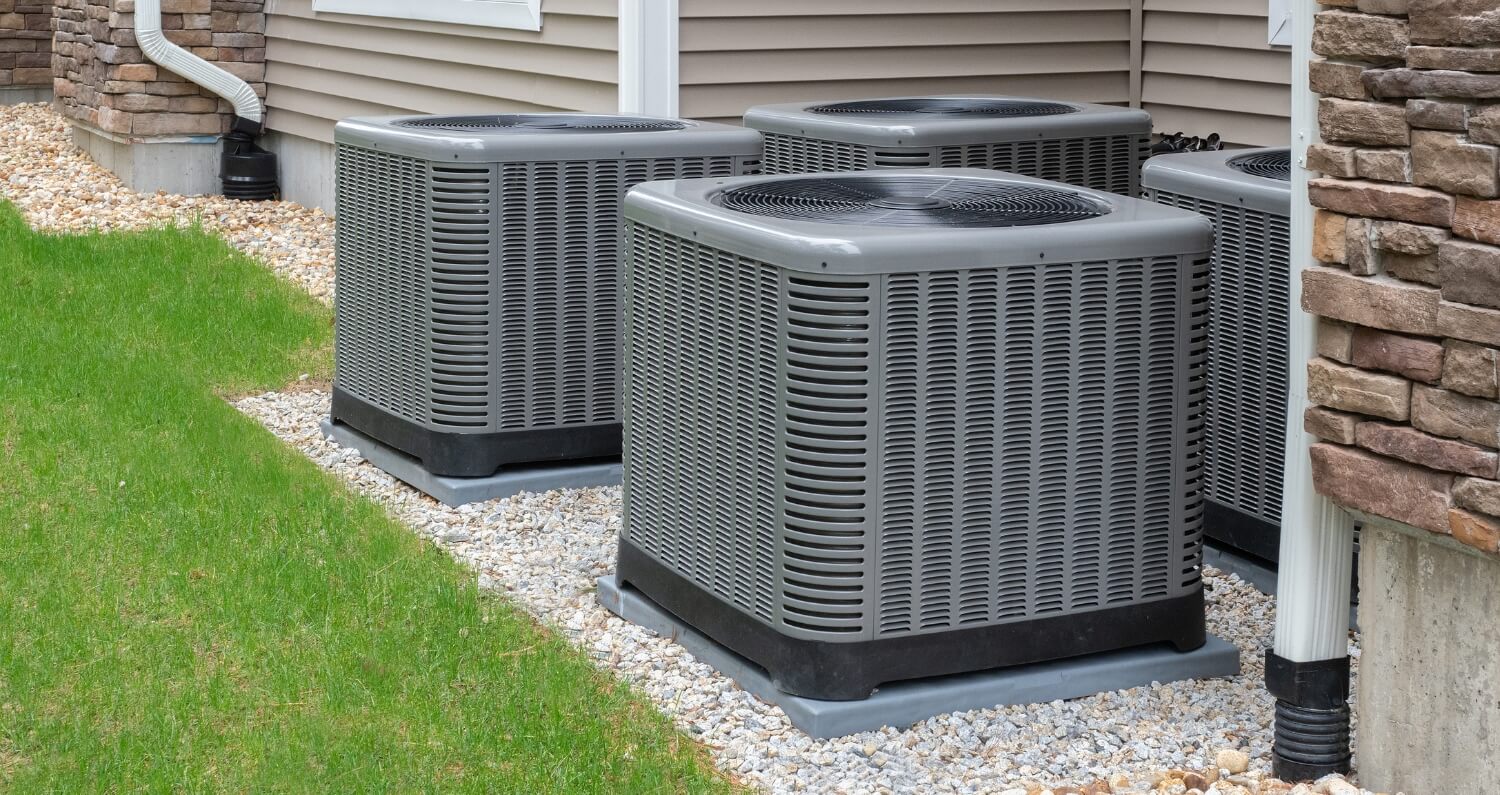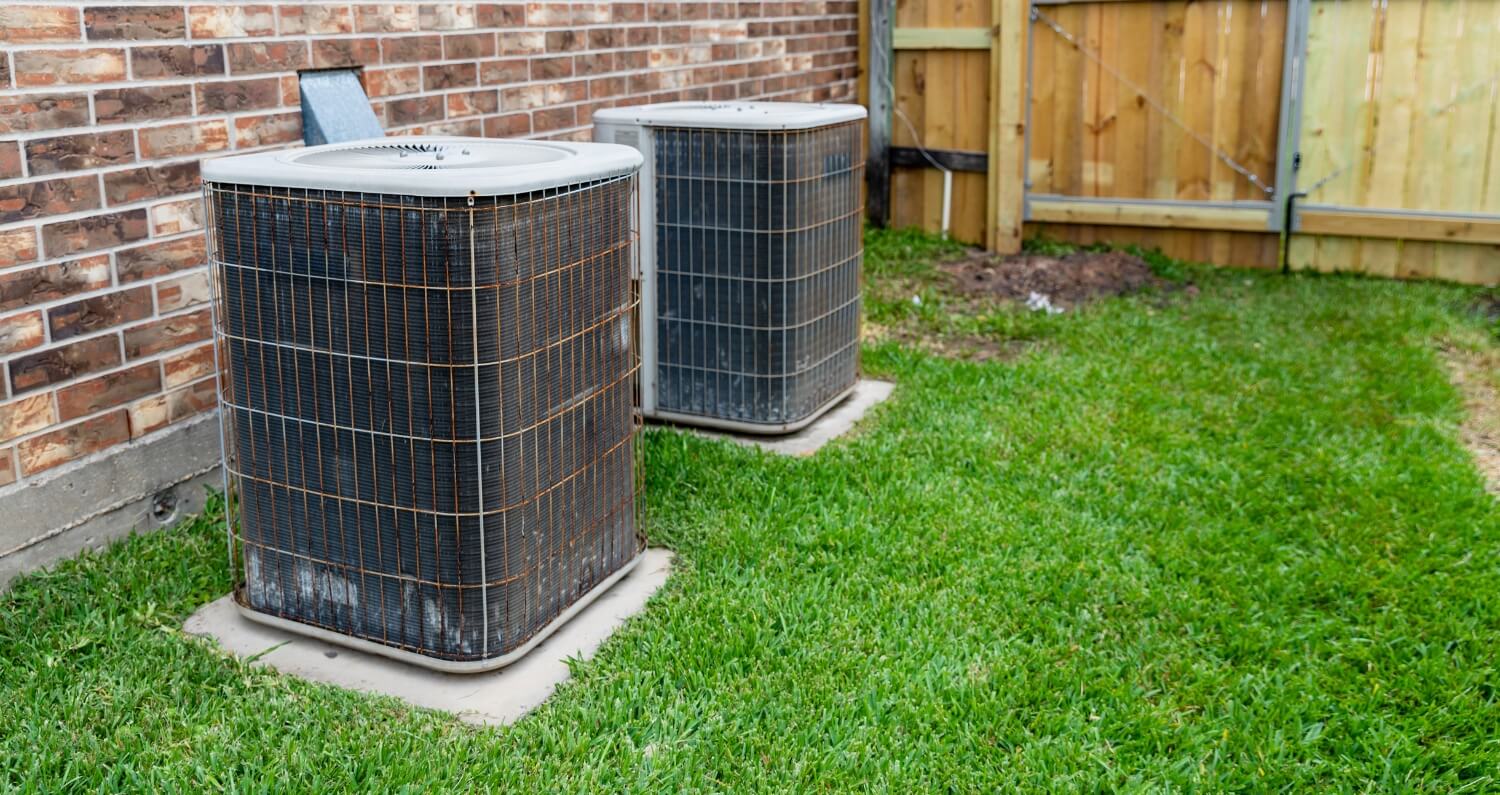In general, your heating, ventilation, and air conditioning (HVAC) system will consume more electricity than any other appliance in your home. With that in mind, we probably don’t need to convince you why it’s important to keep a close eye on your HVAC efficiency. If you fail to monitor the appliance, you might find yourself on the receiving end of a jaw-dropping utility bill that is accompanied by a panic attack.
There are a few obvious signs that HVAC systems are failing to operate efficiently, aside from when you start sweating profusely.
Fortunately, you don’t have to wait until you’re melting to determine whether you have an energy efficient HVAC. Instead, you can proactively work to assess and improve your HVAC system’s efficiency.
How Much Electricity Does an HVAC System Consume?
The most energy-efficient HVAC systems consume about 3,000 watts of power or less per hour during peak summer months. Less energy-efficient HVAC systems consume between 3,000 and 5,000 watts per hour.
During the winter, HVAC system power consumption will vary depending on several factors, including how well your home is insulated, how cold it is outside, and whether your HVAC system uses electricity, propane, or natural gas. As a rule, propane and natural gas heaters are more efficient than electric ones.
However, even if your HVAC system uses electricity to power its heating components, you can decrease electricity consumption and reduce your utility bill by using alternative heating methods. For instance, you could use space heaters and fire logs to reduce the burden on your HVAC system. A good old heated blanket also does the trick.
3 Ways to Improve HVAC Efficiency
Whether you have the most energy-efficient HVAC system on the market or a slightly older unit, there are steps to take to improve HVAC efficiency. If you want to decrease your utility bill and improve HVAC efficiency, we recommend that you:
- Keep Your Thermostat at Optimal Settings
According to the Department of Energy, the best temperature for your indoor setting is 68 degrees Fahrenheit during the winter. However, the DOE also recommends bumping the thermostat down by seven to ten degrees when you’re away for the day. Doing so will help conserve energy and reduce the burden on your HVAC unit.
In the summer, you can take the opposite approach, increasing the temperature by seven to ten degrees when you leave and readjusting your thermostat when you get home. If you have a smart thermostat installed, you can pre-program it to adjust automatically on your work days. - Check Your Air Filter Regularly
If your air filter is clogged with excess dust, it can negatively impact your HVAC efficiency by making the parts work harder to operate. A clogged air filter can also agitate allergy or asthma symptoms and affect your indoor air quality.
In addition to checking your air filter, we also suggest inspecting your coils and cleaning dirty coils as soon as possible. If you’re unsure how to safely clean your coils, contact a licensed HVAC technician and leave the work to an expert from a company like Paraco HVAC. - Watch for Room-to-Room Temperature Discrepancies
Do you suddenly feel uncomfortable when you transition to certain rooms in your home? If so, it may not be hot flashes but is likely due to your HVAC system experiencing efficiency issues.
Certain rooms, especially those at the end of your HVAC system’s event network, will often be warmer or colder than those nearer to your blower. You may also get plenty of complaints from your family members if the temperature is inconsistent.
If you notice any concerns with your HVAC system, including room-to-room temperature issues or sudden spikes in your utility bill, now is the time to act. Not only will it improve your home’s comfort level, but it will also keep you sane as you attempt to feel at ease indoors throughout the season.
continue reading
Related Posts
In the realm of home comfort, having a reliable HVAC […]
It’s never fun when your HVAC appliance fails. A broken […]





